Continuing the 10th session, on the afternoon of November 6, the National Assembly discussed in groups three draft laws related to the field of science and technology, including: Law on Digital Transformation; Law on High Technology (amended) and Law on amending and supplementing a number of articles of the Law on Technology Transfer.
Proposing that technology owners have the right to distribute and sell products created from the technology
Concerned about the amendment of the Law on Technology Transfer, delegate Nguyen Thi Lan ( Hanoi City Delegation) said that in reality, the flow of knowledge from institutes and schools to businesses is still not really smooth. Many valuable research results are still in drawers, not yet released to the market.
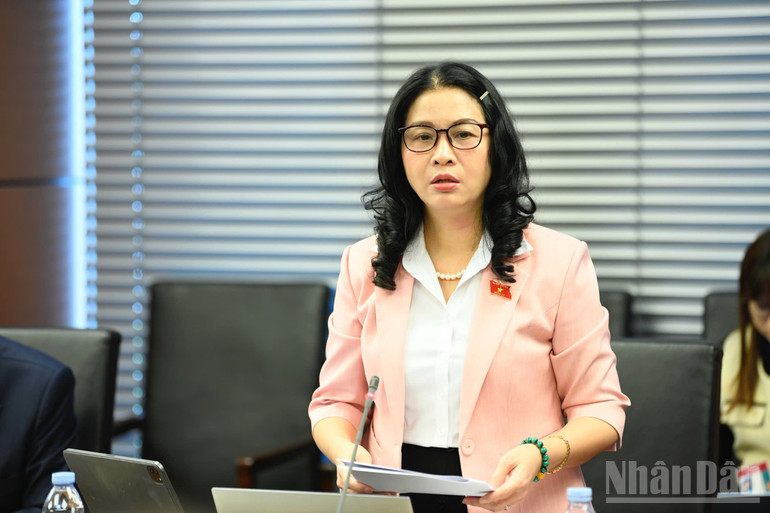
Meanwhile, in developed countries, the gap between research and production has been narrowed thanks to a very flexible legal mechanism that strongly encourages technology commercialization.
Therefore, delegates believe that this amendment is not just to "amend the law", but to create an open, transparent and modern legal corridor, to unblock the flow of knowledge and technology, making innovation truly a pillar of growth.
Commenting on the specific content of the right to transfer technology, delegate Nguyen Thi Lan proposed to add two very important rights for technology owners, which are the right to continue to improve, develop and perfect the transferred technology and the right to distribute and sell products created from that technology.
According to delegates, this addition will help protect more fully the commercialization rights of creators, while creating real financial incentives for research institutes, universities and businesses to seriously invest in research and development (R&D).
The delegate said that in Vietnam, some training and research institutions have technology transfer centers, but there is still a lack of a clear mechanism for them to legally own and exploit research results. This amendment to the Law needs to address that very issue, so that scientists, institutes and schools have the right and are encouraged to master technology.
In addition, the Hanoi delegation proposed adding the principle of "domestic priority" when transferring high technologies on the encouraged list to foreign countries. This is not to limit integration, but to ensure national technological autonomy.
"Countries like the US, EU, and Japan all have mechanisms to control the export of strategic technology, not only for national security but also to retain domestic innovation value. We need a similar legal framework to both integrate and maintain national advantages," said delegate Nguyen Thi Lan.
It is necessary to supplement regulations on the legal responsibilities of parties in capital contribution using technology.
Giving her opinion in the discussion group, delegate Dang Thi Bao Trinh ( Da Nang City Delegation) expressed her agreement with the strong spirit of innovation of the draft when shifting from the mechanism of "State ownership of all" to "transferring ownership to organizations that create technology".
The delegate pointed out that for a long time, most of the research results from topics and projects using the state budget have been "locked in drawers" or exist in the form of reports, without being commercialized. The main reason is that the ownership belongs to the State, but there is no specific agency responsible for exploiting them.
Therefore, assigning ownership to organizations that directly create technology such as research institutes and universities will create strong incentives for them to proactively transfer, commercialize and contribute capital with technology.
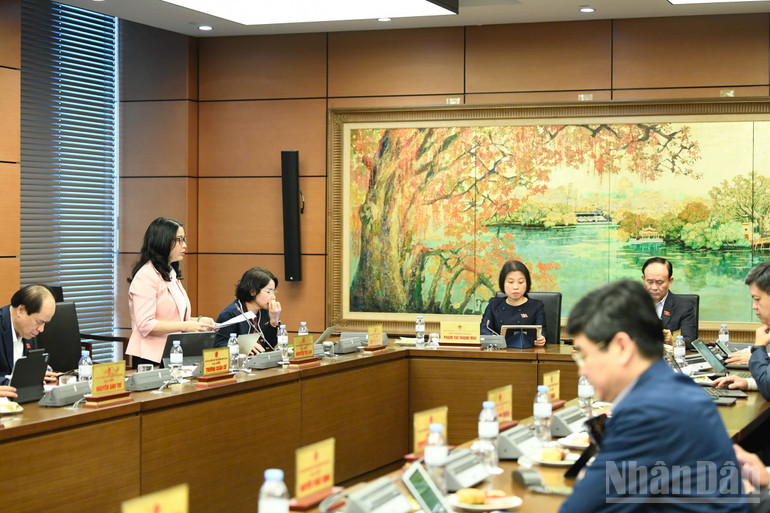
The delegates suggested that the Drafting Committee consider a mechanism to encourage commercialization, and that the State should establish a mechanism to support registration, protection and legal advice for authorized organizations. In reality, institutes and schools currently lack legal and financial capacity to establish and protect intellectual property rights.
Regarding the right to contribute capital in the form of technology and to self-decide the value of contributed technology, Clause 2, Article 8 of the draft Law stipulates: "Organizations and individuals who are owners or have the right to legally use technology are entitled to contribute capital in the form of technology to investment projects or enterprises; and are entitled to self-decide the value of contributed technology..."
Delegate Dang Thi Bao Trinh said that this is an open step demonstrating the principle of freedom in commitment, voluntariness in agreement, creating favorable conditions for parties to be flexible in investment, start-up and technology transfer activities.
However, according to the Da Nang delegation, this regulation will also have a negative side: the regulation of "self-determination of the value of technology contributed as capital" will fall into a situation of being exploited to inflate the value of technology, forming unreal capital, leading to the risk of transfer pricing or tax evasion.
From that potential risk, delegates proposed to consider adjusting the threshold for requiring the hiring of an independent valuation organization for technology capital contribution deals with a value of a certain level or higher to ensure objectivity and prevent value fraud.
In addition, the Law also needs to supplement regulations on the legal responsibilities of parties participating in valuation, including valuation organizations, capital contributors and capital recipients; and have corresponding administrative or criminal sanctions in case of intentional wrongdoing.
Regarding this content, delegate Nguyen Thi Lan (Hanoi City Delegation) proposed to review to ensure consistency in assigning technology ownership to the organization that directly creates the technology and letting them decide on the value of the contributed technology, the capital contribution plan and the division of results from the capital contribution activities.
At the same time, it should be applied to all science and technology tasks at all levels, except for important projects related to security and national defense, which the Government or the agency assigned by the Government will decide.
Source: https://nhandan.vn/tao-hanh-lang-phap-ly-thong-thoang-khoi-thong-dong-chay-tri-thuc-cong-nghe-post921145.html



![[Photo] Prime Minister Pham Minh Chinh receives the delegation of the Semiconductor Manufacturing International (SEMI)](https://vphoto.vietnam.vn/thumb/1200x675/vietnam/resource/IMAGE/2025/11/06/1762434628831_dsc-0219-jpg.webp)

![[Photo] Closing of the 14th Conference of the 13th Party Central Committee](https://vphoto.vietnam.vn/thumb/1200x675/vietnam/resource/IMAGE/2025/11/06/1762404919012_a1-bnd-5975-5183-jpg.webp)



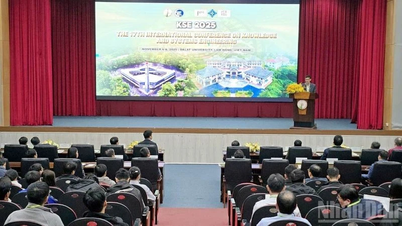
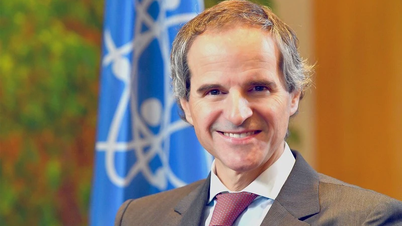

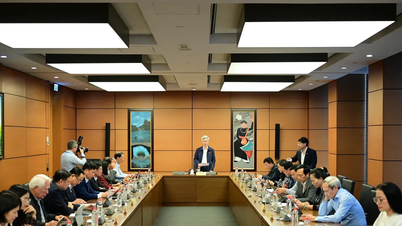

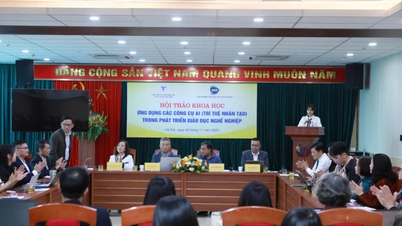
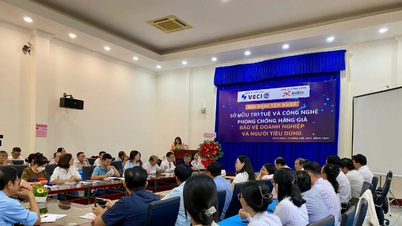




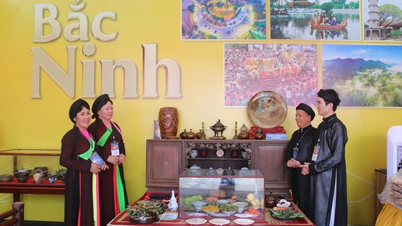



![[Photo] Prime Minister Pham Minh Chinh receives the delegation of the Semiconductor Manufacturing International (SEMI)](https://vphoto.vietnam.vn/thumb/402x226/vietnam/resource/IMAGE/2025/11/06/1762434628831_dsc-0219-jpg.webp)
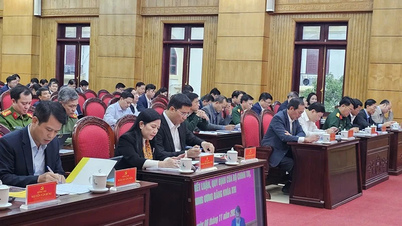








































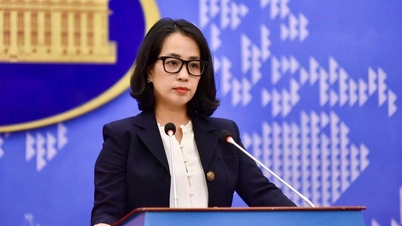
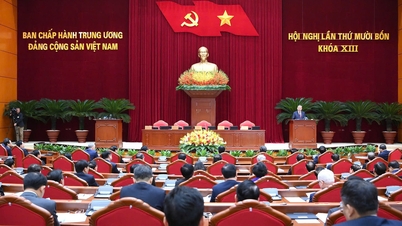



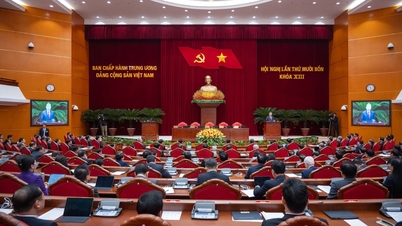









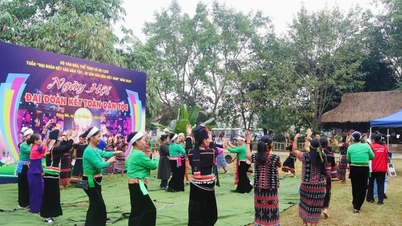
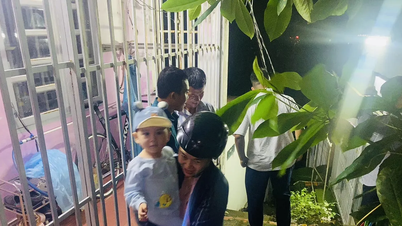


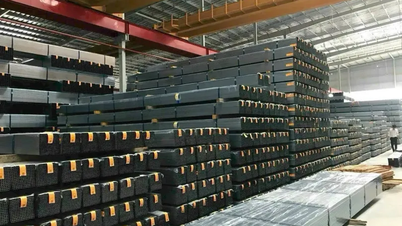


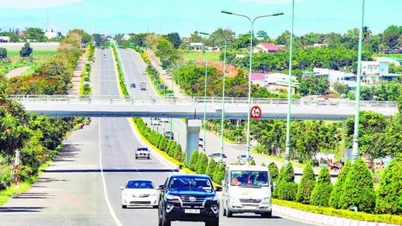

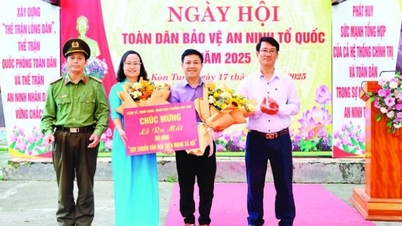










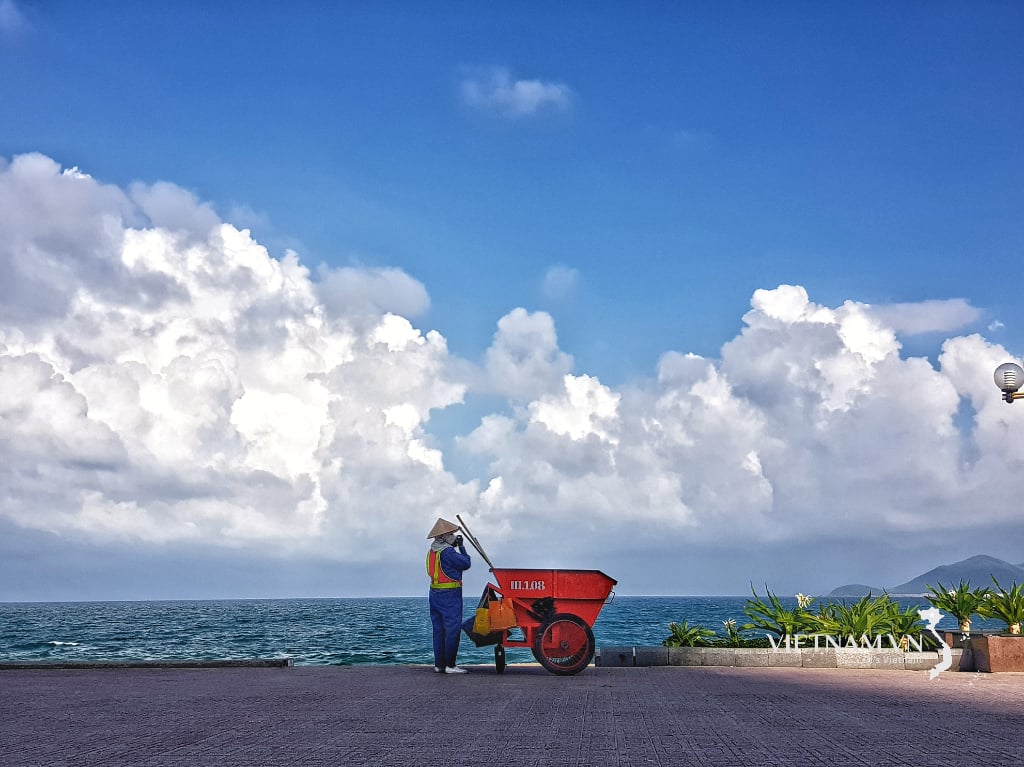



Comment (0)